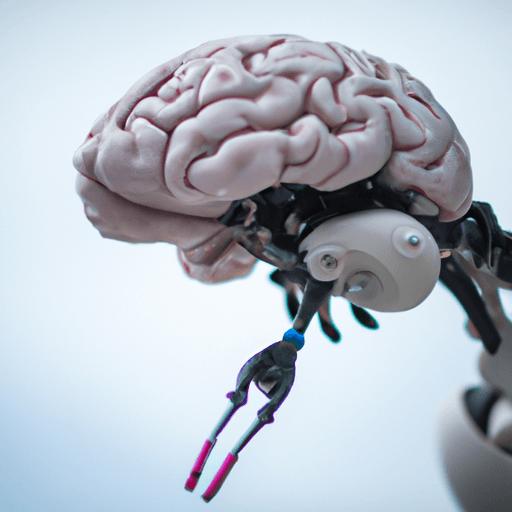The Impact of Artificial Intelligence on the Future of Technology
The potential for artificial intelligence (AI) to revolutionize the way we interact with machines, and consequently, with the world around us, is immense. AI has the potential to revolutionize areas such as transportation, healthcare, manufacturing, and education, creating new opportunities for people around the world. In this article, we will explore how AI could shape the future of technology, and its implications for our lives in the years to come.
Transportation
Automated vehicles are already being tested in various cities across the globe, and the technology is only expected to continue to improve. Self-driving cars could drastically reduce traffic fatalities, reduce emissions, and make travel times faster and more efficient. AI could also help with the optimization of public transportation systems, allowing for more efficient routing and better utilization of resources.
Healthcare
AI can be used to improve the delivery of healthcare services. AI-powered chatbots can be used to provide patients with personalized medical advice and to answer simple medical questions, while AI-powered diagnostic tools can be used to analyze patient data and detect potential health issues early on. Additionally, AI can be used to help medical professionals make more accurate diagnoses and to develop more effective treatments.
Manufacturing
AI can be used to automate and improve the efficiency of manufacturing processes. AI-powered robots can be used to perform repetitive tasks with greater accuracy and speed, while AI-powered machines can be used to optimize production processes and maximize the use of resources. Additionally, AI can be used to develop new materials and products with improved performance characteristics.
Education
AI can be used to improve the quality of education. AI-powered tutoring systems can be used to provide personalized instruction to students, while AI-powered learning systems can be used to develop more effective curricula and teaching methods. Additionally, AI can be used to analyze student performance data and to identify areas where students need additional help.
Ethical Implications of AI
While AI has the potential to bring about great benefits, it also carries with it certain ethical considerations. For example, AI-powered systems can be used to make decisions that have a significant impact on people's lives, such as decisions about healthcare or employment. It is important to ensure that AI-powered systems are designed in a way that ensures fairness and accountability. Additionally, safeguards should be taken to ensure that AI is used responsibly and ethically.
In conclusion, AI has the potential to revolutionize the way we interact with machines and with the world around us. AI can be used to improve transportation, healthcare, manufacturing, and education, creating new opportunities for people around the world. However, it is important to ensure that AI is used responsibly and ethically, and that safeguards are taken to ensure its responsible use.



















Comments
Leave a Comment